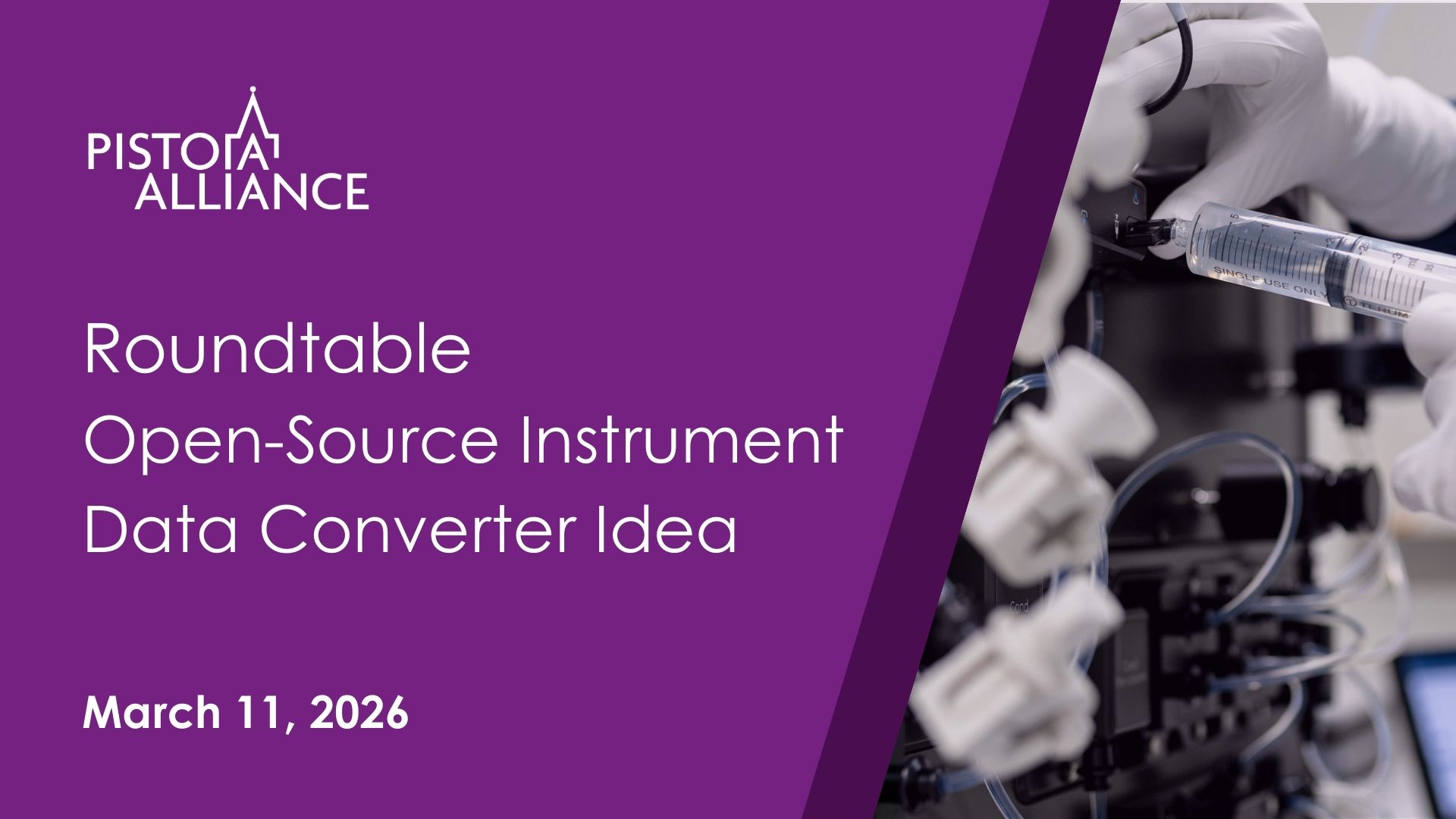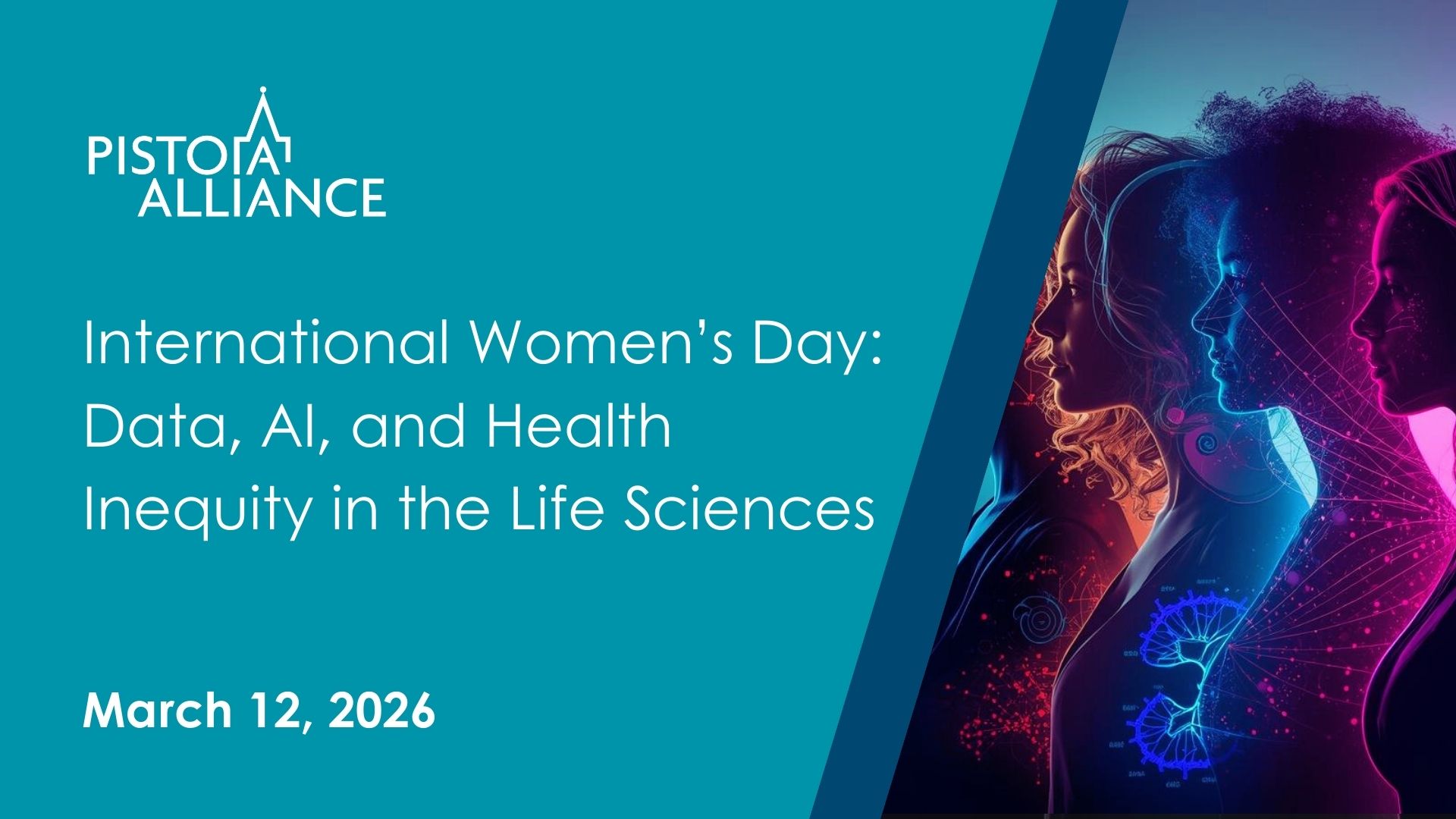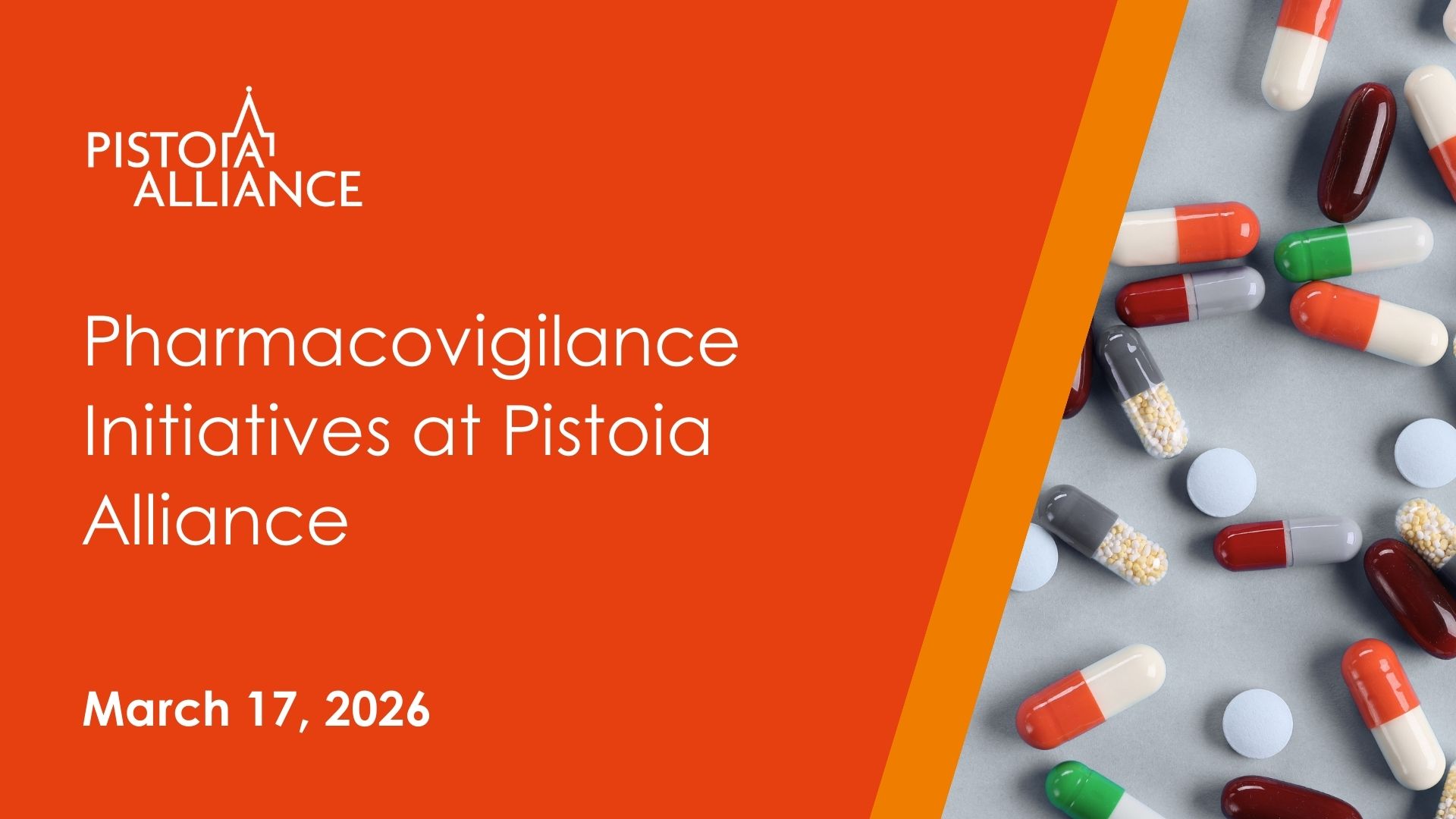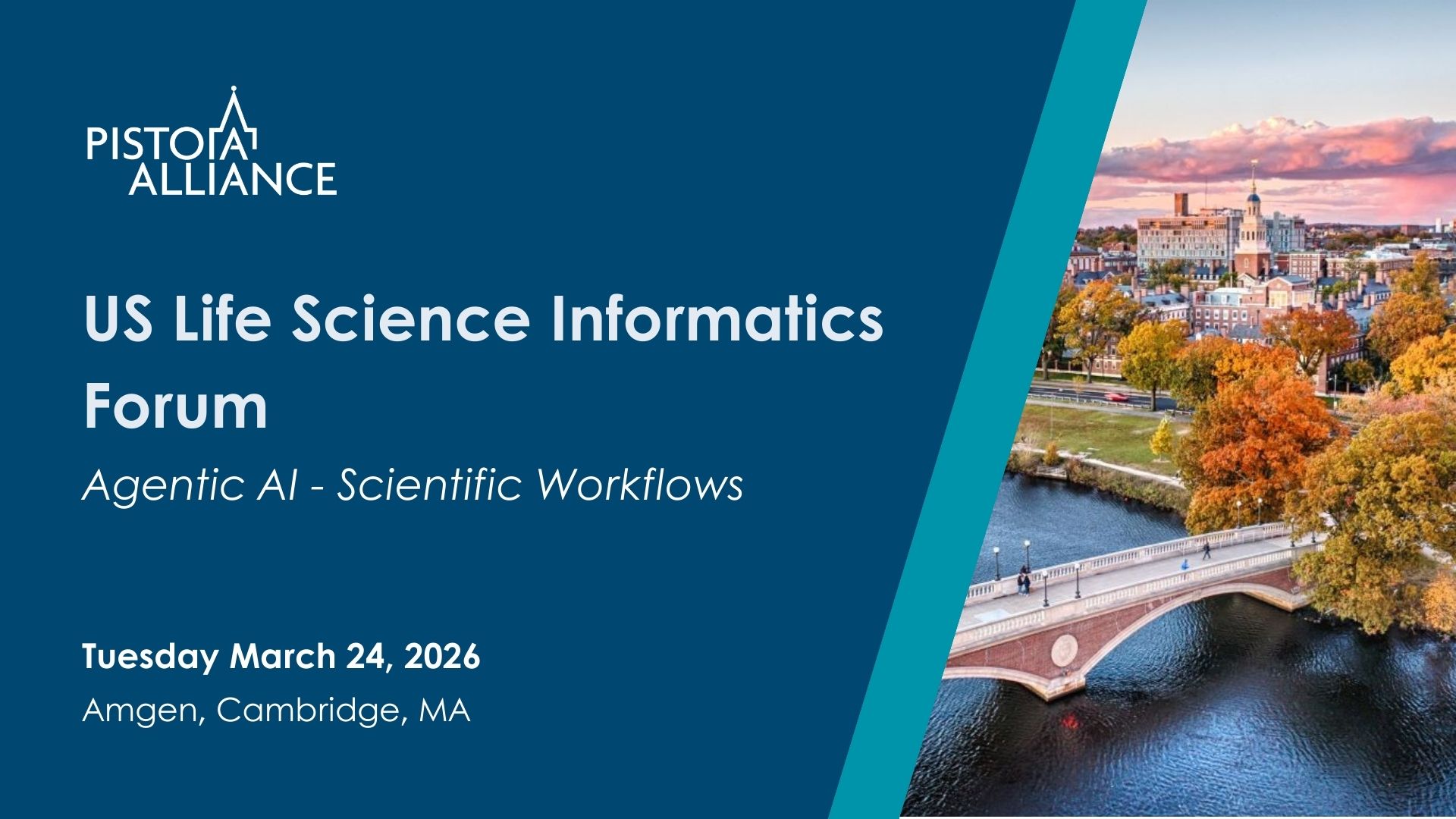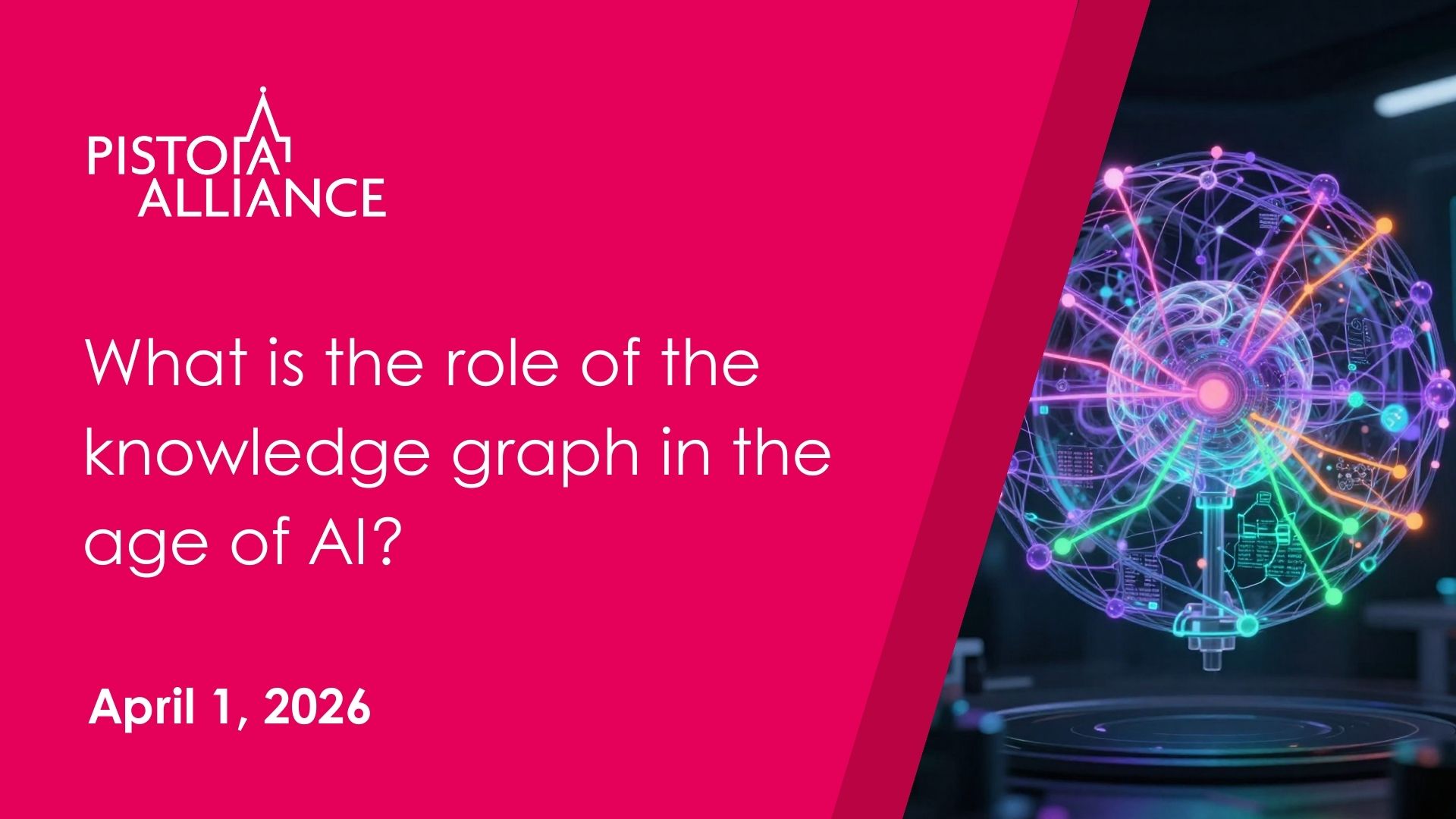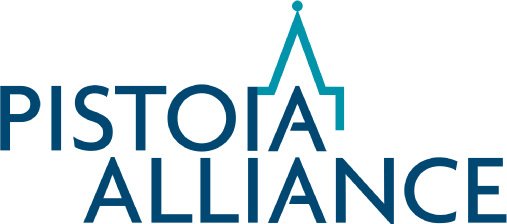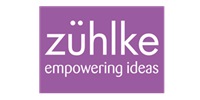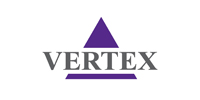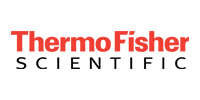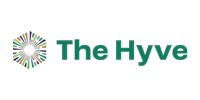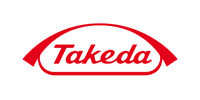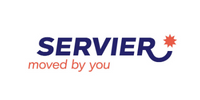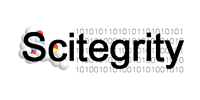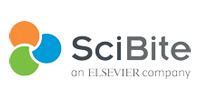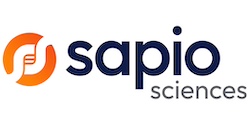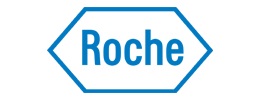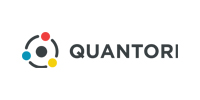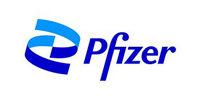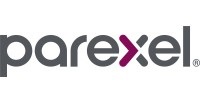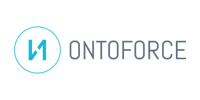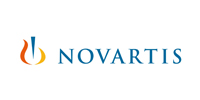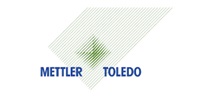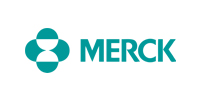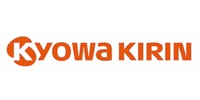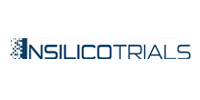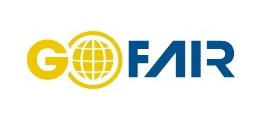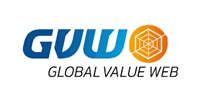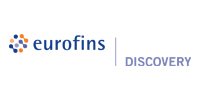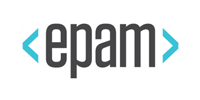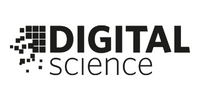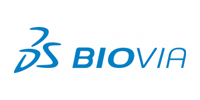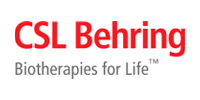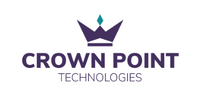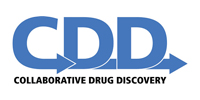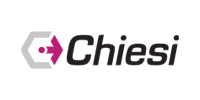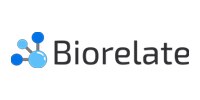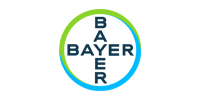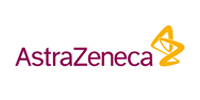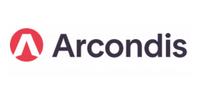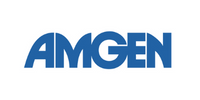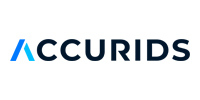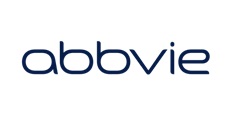Collaboration that delivers
The Pistoia Alliance brings together the biopharmaceutical ecosystem, powering collaboration to drive innovation and new breakthroughs.
Our global community of more than 200 member organizations from across the biopharma ecosystem collaborates to solve common problems, sharing expertise and R&D costs, to move the industry forwards and ensure better outcomes for all.
Become a MemberAnnual Report 2024/25
We are proud of the impact we continue to make working together with our global members. Discover more:
Read More
Our Strategic Priorities
Delivering Data-Driven Value
We are committed to harnessing the power of data to drive innovation, accelerate discoveries, and optimize decision-making processes across the industry, thus achieving exceptional value at scale.
Featured Community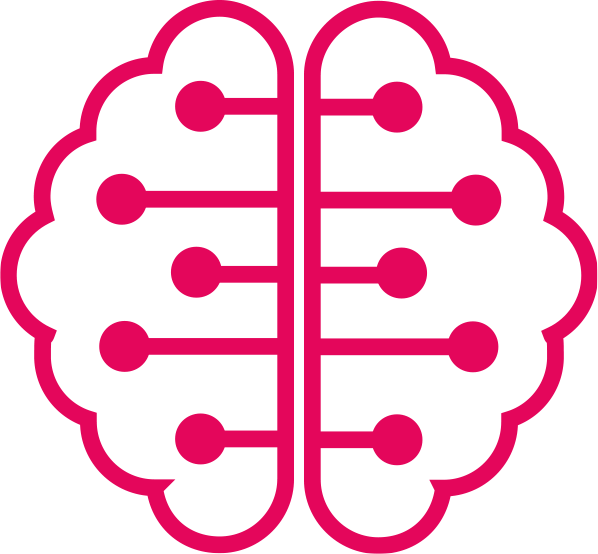
Our Strategic Priorities
Harnessing AI to Expedite R&D
Embracing the potential of artificial intelligence, we seek to empower researchers and organizations to streamline R&D processes, expedite drug discovery, and unlock novel insights through the integration of AI-driven technologies.
Featured Community
Our Strategic Priorities
Sustainability-Driven R&D
In harmony with the growing ESG focus, we are dedicated to promoting sustainable practices within the R&D ecosystem, fostering environmentally responsible approaches, and creating a positive impact on our industry and the world.
Featured Project
Our Strategic Priorities
Accelerate Late-Stage R&D
Increase the effectiveness of one of the most resource intense phases of R&D to benefit patients
Featured Project
Our Strategic Priorities
Core Projects
In line with the Project Portfolio we have a number of legacy projects and communities that serve the Pistoia Alliance diverse community.
Featured CommunityAccelerating Innovations - Boston
November 10 & 11, 2026
Save the date - Annual Member Conference 2026, at the Convene Boston.
Accelerating Innovations - London
April 13-15, 2026
Once again we will be hosting the Annual Spring conference at the Royal Society of Medicine, London. Registration is now open!
Register hereData Science Talent Awards
Nominations are now closed - Shortlist to be announced March 13, 2026
Celebrating the people and teams shaping the future of life sciences data science, the Pistoia Alliance Data Science Talent Awards culminate in the crowning of winners at the Annual London Conference.
Meet the JudgesNew ideas are where collaboration starts
View All Our New IdeasNew survey finds more than three quarters of life sciences labs expect to use AI within two years
Download NowOur Events

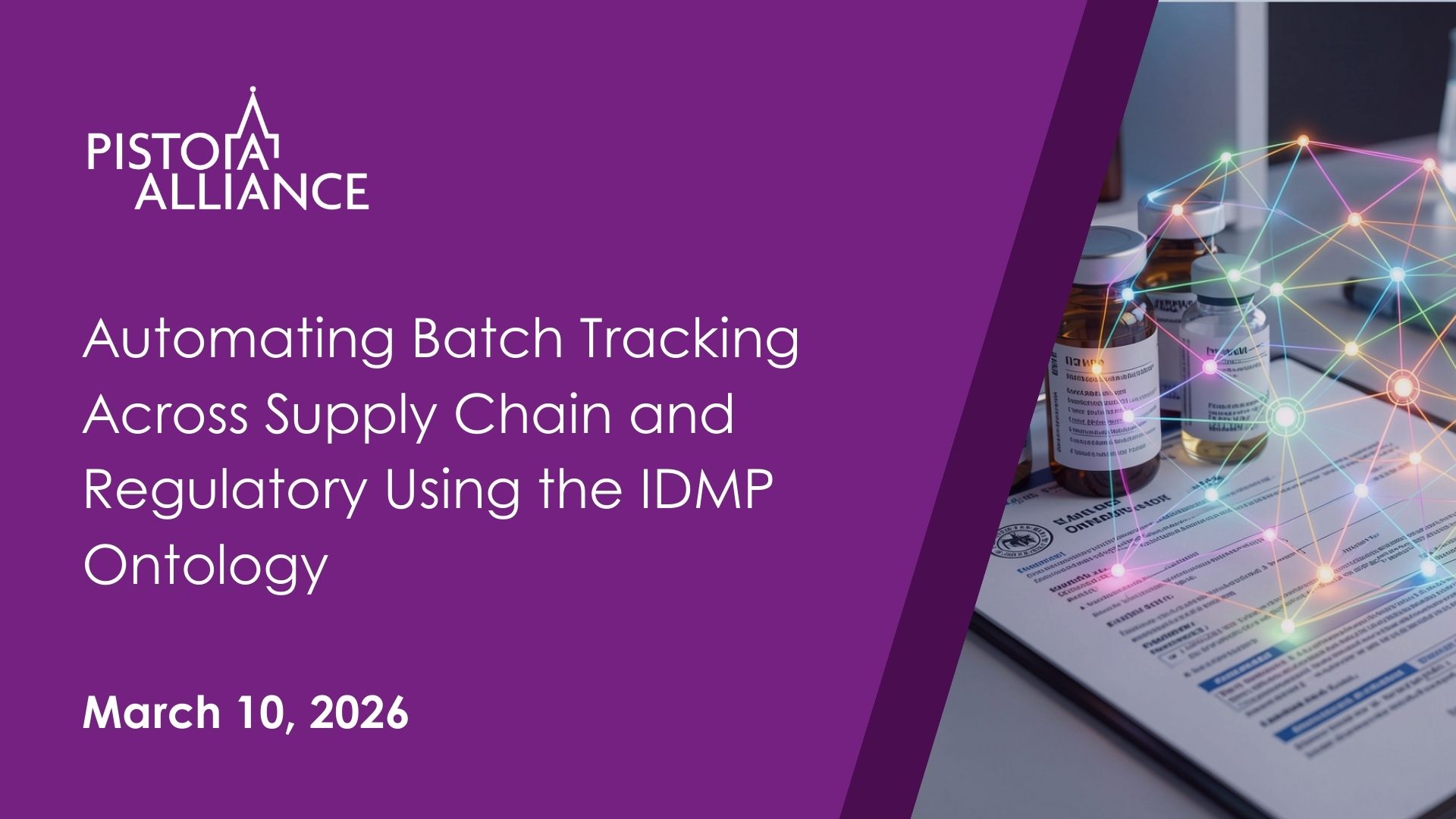
Automating Batch Tracking Across Supply Chain and Regulatory Using the IDMP Ontology
Book Now